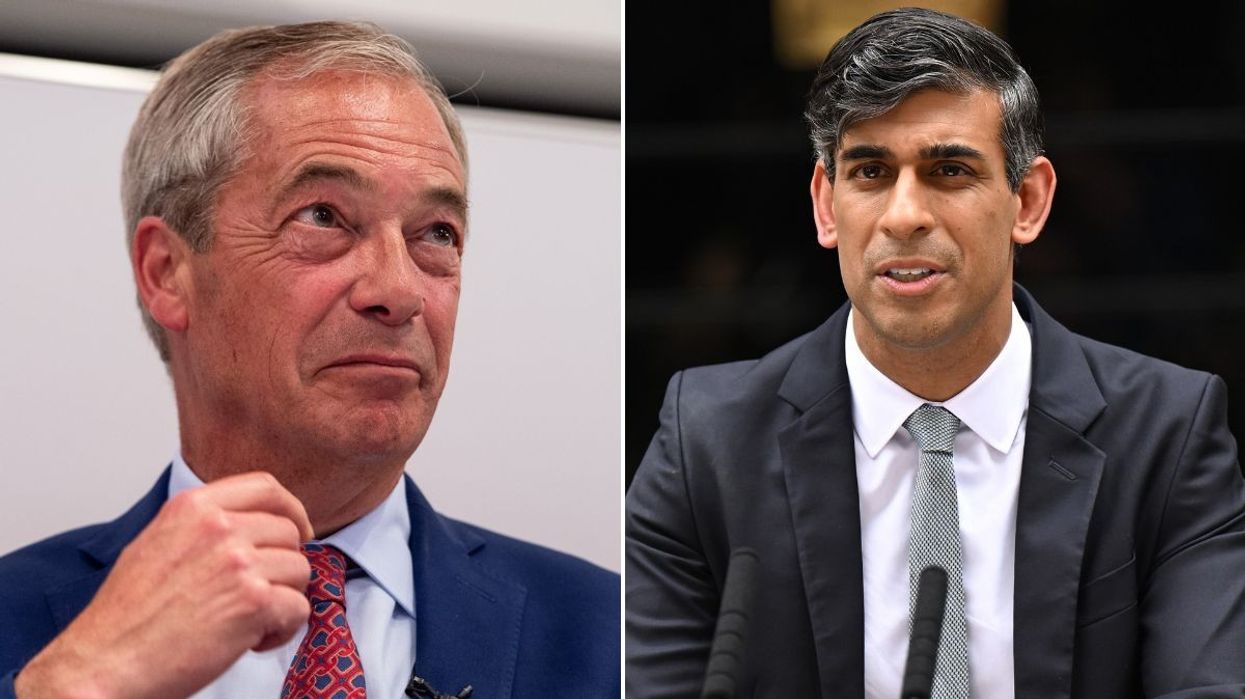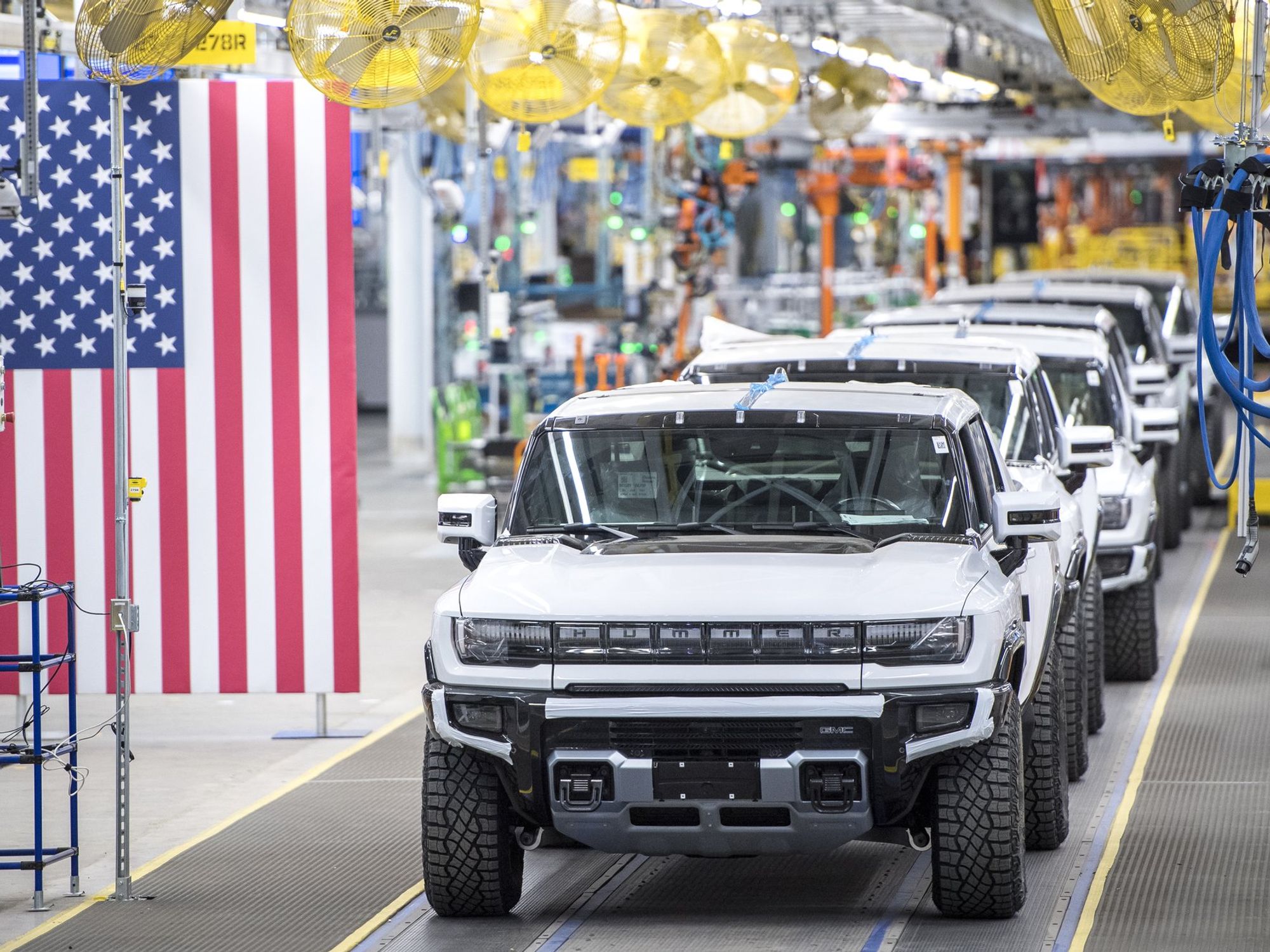'Reform and the Tories should merge rather than fight if they want to beat Labour' - Lance Forman

'Reform and the Tories should establish a set of core principles they can agree on,' says Lance Forman
|Getty
Lance Forman is a former MEP for London. He rejoined the Conservative Party in 2020, after moving to the Brexit Party in 2019
Don't Miss
Most Read
Nigel Farage made one of the most poignant observations about the state of the Conservative Party in his speech delivered in Birmingham days before the election.
‘The Conservative Party claim to be a broad church’, he said. ‘The problem is, it’s a broad church with no religion’.
He’s right. Over the years, the Tories have forgotten what they stand for and have arrived at a position that they arrogantly believe they have a right to govern, simply because of who they are.
Voters quite understandably had enough and the Tories were summarily rejected with their worst election result ever.
Tory voters did not switch to Labour; many voted for Reform, some voted Lib Dem and others simply stayed home resulting in the lowest turnout in a general election for over twenty years.
Voters were fed up with politicians across the board. There was little positive desire for either Starmer or Sunak. Aside from the Green Party and Gaza contingent, Reform scored the highest number of votes from people who positively wanted to vote for them, not as a protest, but because they liked the message; low tax, controlling immigration, curtailing net zero, to name but a few of their policies.
But because of our first-past-the-post (FPTP) voting system, Reform secured only a handful of seats. This did not reflect their vote share of 14.3 per cent. Their electoral strategy was misguided and their solution is wrong too.
If the Lib Dems could secure 71 seats with a 12.2 per cent vote share, newly established Reform should have been able to secure at least 30-40 seats in this election.
Rather than campaign across the entire country, spreading themselves far too thinly and stretching their limited finances, they should have focussed their efforts on local campaigns and targeted, say, 50 winnable seats. The risk of unvetted candidates would have also been mitigated.
What was the point in fighting philosophically aligned, Brexit supporting Tories, many of whom have now lost their seats; and what was the point in wasting energy and cash on seats which had significant Remain loyalties?
Farage and Reform’s solution to the problem is to campaign to change the voting system to Proportional Representation (PR). Aside from the wasted effort, this system always disappoints wherever it’s used as it ultimately leads to Government by broad church; precisely the criticism that Nigel has targeted at the Tories.
It is understandable that small parties want PR to leapfrog their way into Government, but when in Government they want FPTP to stop others competing. To call for a changed system because you are on the receiving end of a result which fails to reward small parties is not the answer.
FPTP ought to lead to stronger Government, but recent experience has not shown this to be the case. That’s not because the voting system is wrong; it’s because we have faced a stream of career politicians who believe in little other than their own personal progression.
To win a majority, a party needs 326 seats. It will be near on impossible to find 326 people who share identical views on every policy detail. However, it should not be too strenuous to draw up a set of principles which people can agree upon.
LATEST OPINION:
- 'Labour has taken the majority as a mandate for change - but still need to set out what these changes will be!' - John Redwood
- What Labour's landslide victory will mean for your money - from state pension to income
- '14% share is a TRIUMPH for Farage - the Tories must now find the right leader to do a deal'
This is what Reform and the Tories should be doing now, jointly, rather than fighting each other on detail and personality. Between them, they have a higher vote share than Labour. They should establish a set of core principles that they can agree upon and at that point they should merge, discarding the one-nation Conservatives who refuse to sign up.
Only then should they elect a leader, most likely the great communicator, Farage, himself and start the process of putting flesh on the principles to turn them into practical policies.
No business could hope to create a new product and make it an instant success overnight. It takes years in planning and preparation. Policies would need developing by like-minded people, ideally with commercial experience and expertise in each respective sector, be it health, construction, security etc.
When ready a marketing plan should be launched. Finally, a team of new candidates needs to be built, carefully, of intelligent and respectable leaders who agree with the plan, have the ability to communicate it and are ready to make the sacrifices to do so.
Now is the time to make a start on this journey, with religious fervour, and convert people into believers, Con-formists perhaps. 2029 is only five years away. There’s no time to waste.










